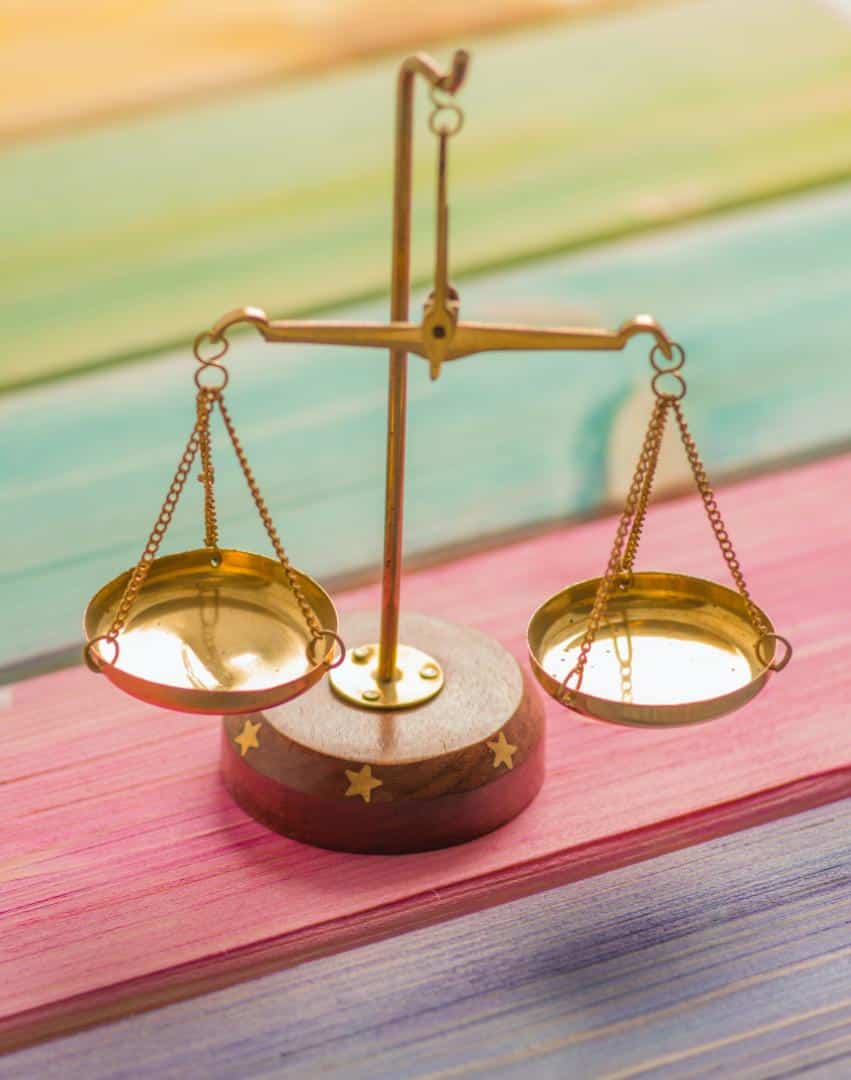
What Are Governance Tokens? How Do They Work?
Blockchain technology has provided the world with oceans of new possibilities. From digital scarcity, to
ownership through non-fungible tokens (NFTs) and decentralized finance (DeFi).
Thanks to this technology and the world-shaking innovations it has brought to different businesses,
services, platforms, and products, global communities are given the ability to make use of a variety of
new models for organization and ownership as they search for new ways to provide support for their
community, build new products, exchange value, and ultimately grow.
One of these revolutionary projects are governance tokens. Let’s see what they can do!
What are governance tokens?
Governance tokens, as we talked about before, are tokens that represent ownership in a decentralized
protocol. In simple terms, governance token holders are given certain rights that allow them to
influence the direction of a protocol and provide them the right to decide how to spend a budget, which
features and products to develop, which partnerships to purse, or which integrations to work on, and
more.
Exercising these influences can take various forms as each protocol is different in terms of mechanisms
and processes through which governance rights are employed. These tokens are an absolutely
important decision-making mechanism for Decentralized Autonomous Organizations (DAOs).
In the presence of distributed ownership, changes can be proposed through a formal proposal
submission by token holders. The proposal will then go to a vote if certain criteria are met. In this stage,
proposed changes can be voted on using tokens.
How do they work?
Unlike in traditional corporations where a centralized executive body – usually shareholders or a board
of directors – has the power and right to decide and act according to their own judgment and is
therefore responsible for the organization’s future strategic direction, in DAOs there is no such thing as
a centralized group of decision-makers. However, that does not mean that they don’t need to make
decisions that influence the future of the organization. So how do they do that?
In DAOs, decisions are made in a different way thanks to the governance token that implies transparent
distribution and immutable ownership. What’s so interesting about these tokens is that the weight of a
token holder’s vote is proportional to the number of tokens they have. For instance, if A carries 50
tokens and B carries 100, B has twice as much voting power as A.
Uniswap UNI, Terra LUNA, Maker MKR, Curve and Compound COMP, are some of the big projects that
use governance tokens.
Follow Xapa on social media and stay tuned for more!

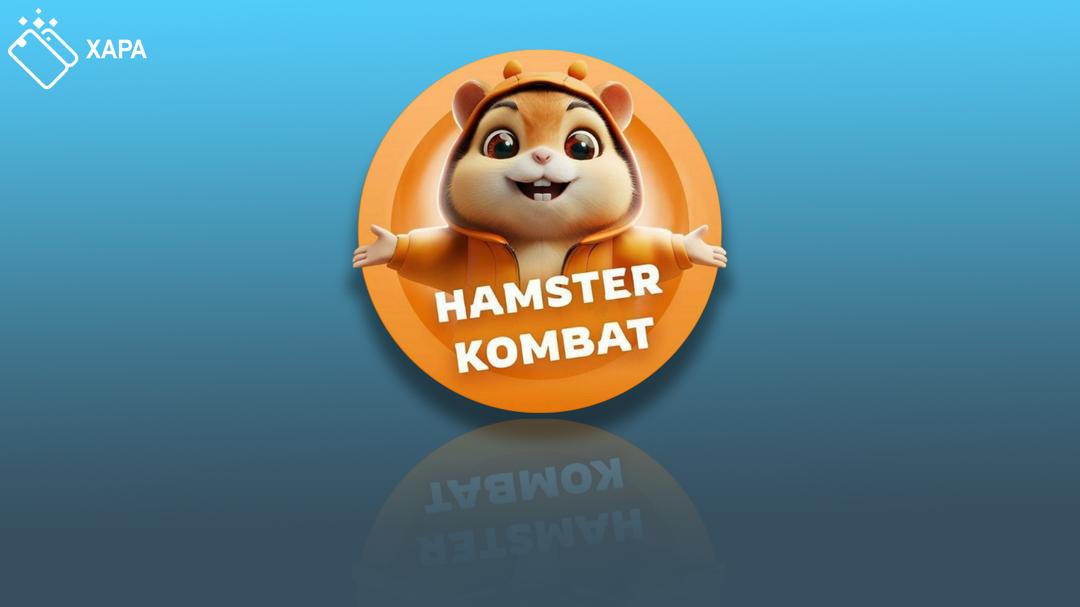
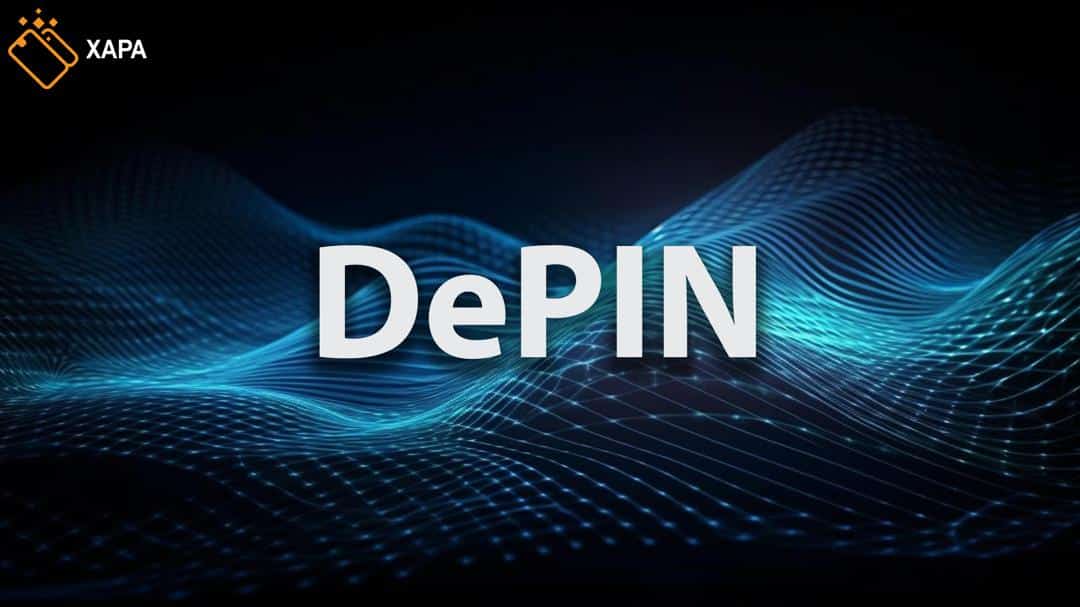
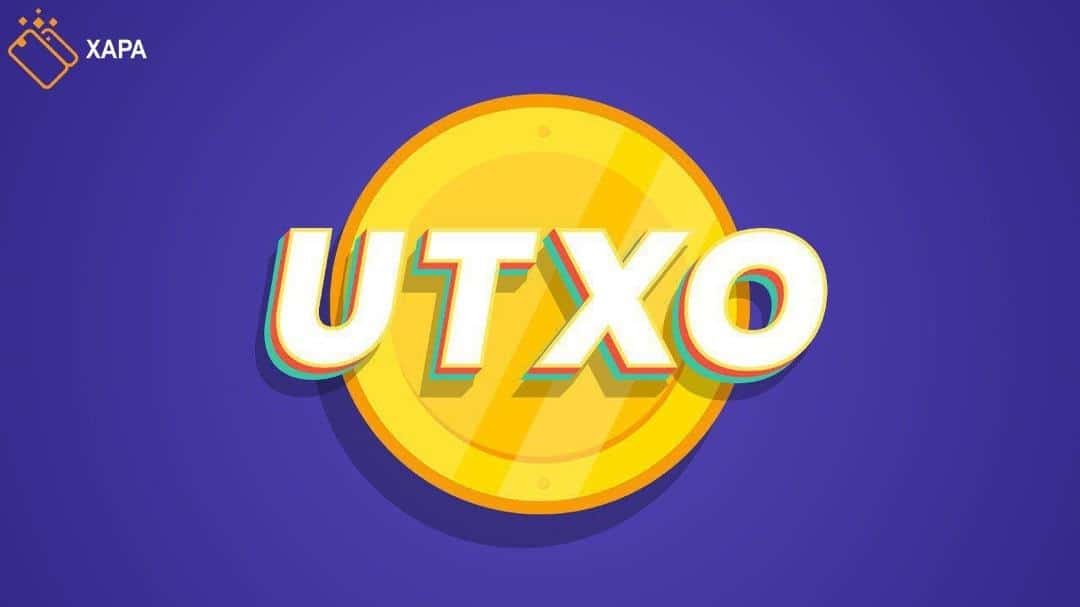
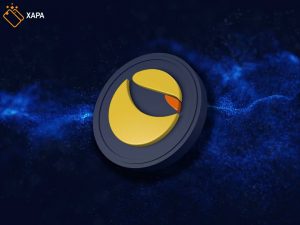
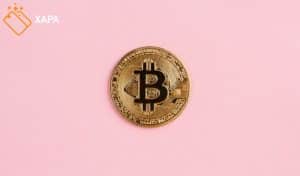
binance sign up bonus
Thank you for your sharing. I am worried that I lack creative ideas. It is your article that makes me full of hope. Thank you. But, I have a question, can you help me? https://www.binance.info/es-MX/register?ref=JHQQKNKN